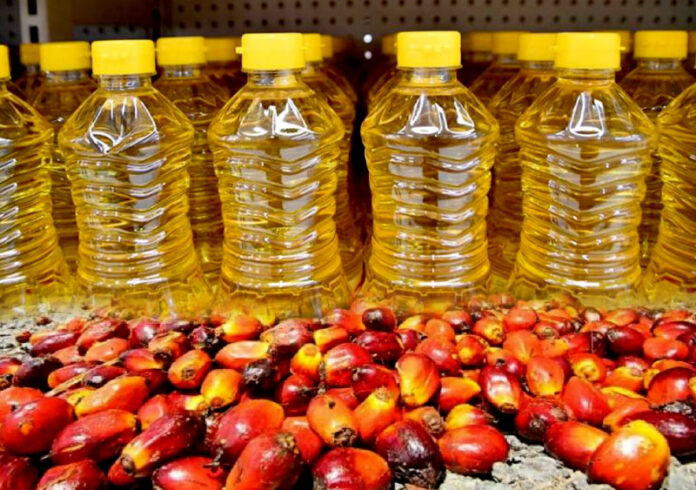By: Staff Writer
July 13, Colombo (LNW): Sri Lanka’s palm oil based industry, once a promising foreign exchange earner under the Indo-Sri Lanka Free Trade Agreement (ISFTA), continues to suffer heavy losses due to lingering policy confusion and bureaucratic red tape stemming from the crude palm oil (CPO) imports ban imposed by the Gotabaya Rajapaksa regime in 2021–2022.
At the heart of the issue is the continued restriction on crude palm oil imports, which has disrupted the operations of a BOI-approved companies that manufactures and exports hydrogenated palm oil, bakery shortening, margarine, and specialty fats.
Policy flip-flops and bureaucratic delays derail hydrogenated palm oil and bakery shortening exports under ISFTA costing country valuable foreign exchange earnings.
These products exported at zero duty under the ISFTA with Sri Lanka entitled to export up to 250,000 tonnes annually, bringing in around US$32 million in value-added foreign earnings.
Therefore it has become an urgent need for the government to take a policy decision to remove the Former President Gotabya Rajapaksa’s ban on major raw material for manufacturing Palm based products as local companies in the industry are still facing Palm Oil fiasco.
A reputed BOI registered company operating since 20O4, which holds a valid export quota of over 100,000 MT, recently placed an import order for 1,000 mt of Malaysian crude palm oil along with another 4000mt of palm based oil to meet growing demand from Indian clients.
This, follows favorable adjustments to India’s import duty re structure in 2024. The shipment, aboard the vessel MT Sheng Hang 002, arrived at the Colombo Port on May 19, 2025.
However, due to bureaucratic indecision and outdated policy interpretation, the cargo has been denied clearance.
The company first submitted its approval request to the BOI on April 29, 2025, with BOI recommending approval to the Controller of Import and Export Control by May 2, and further clearance sought from the Secretary, Ministry of Finance on May 15.
Despite these steps and follow-ups on May 7, 21, and 22, no directive was issued to Customs for release this parcel
The company has already brought this matter to the notice of deputy finance minister and the Indian high commission in Sri Lanka to prevent the reoccurrence of such incidents damaging the best trade practice image of Sri Lanka
This delay has incurred US$145,000 in vessel demurrage and an additional US$100,000 in re-shipment costs to India, leading to a total loss of around US$300,000 for the company.
The vessel was eventually to leave Colombo without offloading, severely damaging the firm’s reputation with international suppliers and jeopardizing future trade relationships—thereby undercutting valuable foreign exchange inflows.
Ironically, this same company had been granted special import permissions and issued a license during the ban period of 2021–2022, based on recommendations from both the BOI and Finance Ministry
These exceptions were granted by a committee comprising Secretary to the Finance Ministry, Controller Import and Export Department, DG .Trade and Investments, and Controller of Customs in recognition of the use of this raw material for manufacturing 100 percent export-oriented value added products
The current impasse, therefore, reflects not a lack of precedent but a failure in policy clarity and administrative action.

